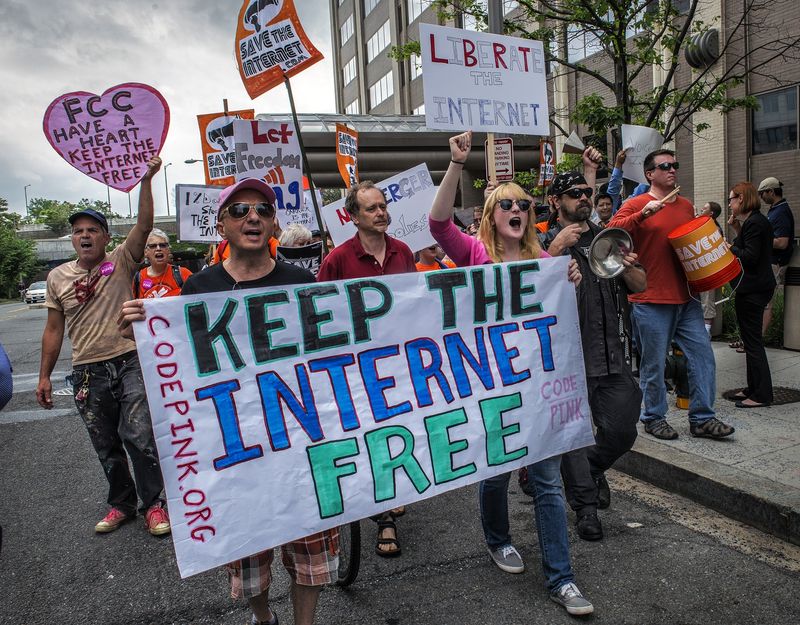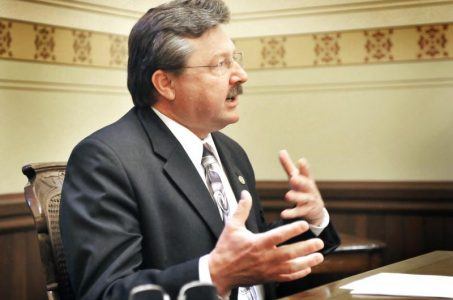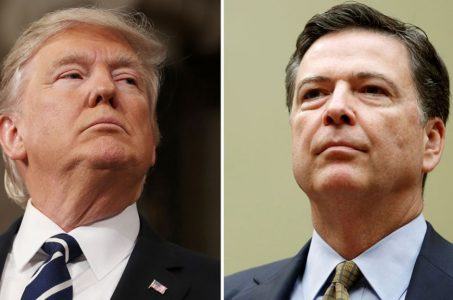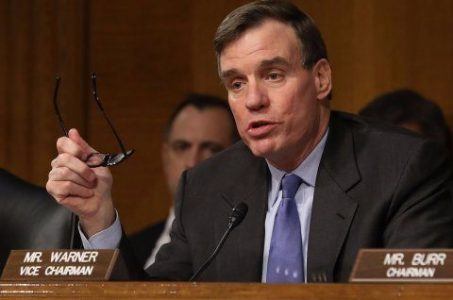Tangled Web of Net Neutrality in Danger, Following Federal Court Dismissal
Posted on: May 2, 2017, 11:00h.
Last updated on: May 2, 2017, 11:19h.
A net neutrality legal challenge brought by several internet service providers against the Federal Communications Commission (FCC) has been dismissed by the DC Circuit Court of Appeals. The case of whether or not to continue federal oversight of internet practices in the US could now be bumped up to the highest court in the land.

On Monday, the federal court rejected an “en banc” petition by the Independent Telephone & Telecommunications Alliance, a DC-based advocacy that lobbies on behalf of mid-size internet and phone service providers. The same court had previously ruled against the group’s argument that the 2015 net neutralityregulations implemented by the FCC were unlawful.
Under former President Barack Obama, then-FCC Chairman Tom Wheeler (D) reclassified broadband services as a utility, and internet service providers (ISPs) as “common carriers.” The distinction allowed the FCC to more rigorously regulate online services, and mandate that ISPs not block or slow traffic to certain consumers, nor prioritize specific sites or operations.
Net neutrality is a good thing in the eyes of most online gamblers and internet casino operators. Preventing companies like Comcast and Time Warner from dictating which networks would run most quickly or which websites are accessible to consumers, keeps the World Wide Web unrestricted to American players.
Supreme Court Appeal
The DC court’s ruling paves the way for the plaintiffs to appeal to the US Supreme Court. While the issue of internet regulation is certainly a topic of vital interest to the general public, and would presumably be worthy of the high court’s consideration, the FCC’s announcement that it will review net neutrality oversight might hamper the case’s acceptance odds.
Last week, FCC Chairman Ajit Pai, just months into the job, announced the agency would be reworking its net neutrality position, with the expected result to step aside from stringently regulating ISPs. Pai says the commission’s net neutrality enforcement is discouraging telecommunications companies from upgrading their networks and investing in infrastructure, which as a result is impacting revenue growth and job creation.
The DC court cited Pai’s review of net neutrality as part of its reason for dismissal.
“The agency will soon consider adopting a notice of proposed rulemaking that would replace the existing rule with a markedly different one. In that light, the en banc court could find itself examining, and pronouncing on, the validity of a rule that the agency had already slated for replacement,” Judges Sri Srinivasan and David Tatel said in their ruling.
Net Neutrality Odds
The chances of the FCC’s current position on net neutrality being overturned and repealed are presumably strong.
Even if Pai changed direction and decided to leave the current regulations in place, the US Supreme Court could still interject. And now that it’s fully staffed, with the latest addition of Justice Neil Gorsuch on the bench, the general thinking is that the court would rule against net neutrality.
Gorsuch could be the deciding vote. The justice has long been an opponent to “Chevron deference,” a 1984 Supreme Court ruling that said the Court should give federal “expert agencies” the benefit of the doubt in decision-making in which they have said expertise. The Chevron deference way of thinking would be to allow the FCC to set forth its own rules without critique from the court.
Related News Articles
Czech Court Rules Online Gambling ISP Blocking is Constitutional
Democratic Senator Mark Warner of Virginia Joins Pro-RAWA Chorus
Most Popular
Tropicana Las Vegas to be Imploded, Tentative Date Set
VEGAS MYTHS BUSTED: Golden Gate is the Oldest Casino in Vegas
Casino Shooting Suspects Caught After High-Speed Chase
Most Commented
-
End of the Line for Las Vegas Monorail
— April 5, 2024 — 90 Comments -
Long Island Casino Opponents Love New York Licensing Delays
— March 27, 2024 — 5 Comments
















No comments yet